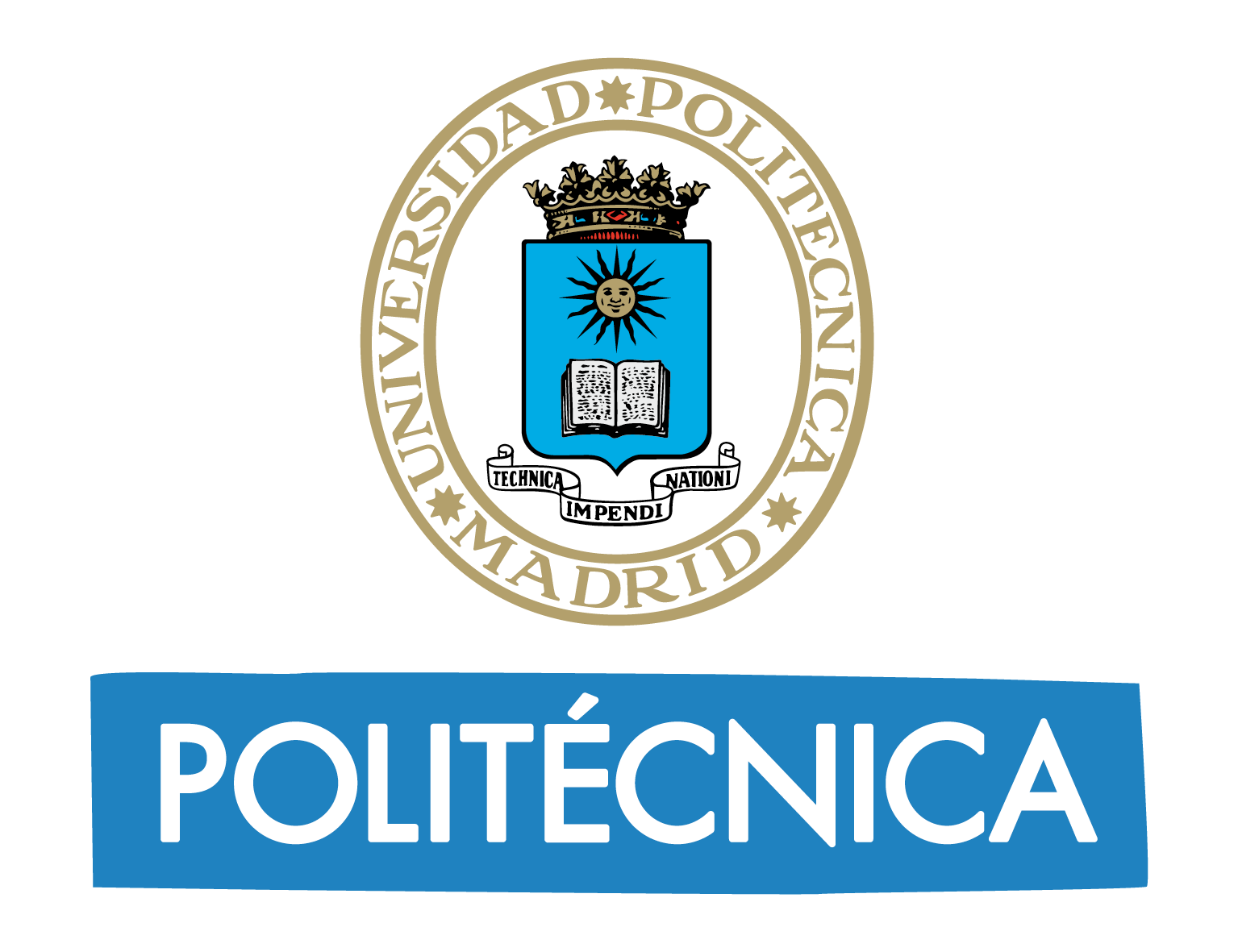Circular Economy - Especiality Minerals and Construction Products
| Erasmus Mundus | |
|---|---|
| Centre | E.T.S. DE INGENIERIA DE MONTES, FORESTAL Y DEL MEDIO NATURAL |
| Official Degree | Circular Economy - Especiality Minerals and Construction Products |
| Web | https://www2.montes.upm.es/Blogs/mecir/ |
| Area | Energy, Building Constrution, Civil Engeneering, Sustainability and Environment |
| Modality | On-campus education |
| Credits | 90 ECTS |
| Languages | Spanish , English |
| Orientation | Academia Professional |
| Places | 30 |
| Contact | Justo García Navarro 91 0670941 master.ec.constructionproducts@upm.es |
| Presentation | The Master's Degree in Circular Economy (MUEC) at the Universidad Politécnica de Madrid (UPM) is an inter-center postgraduate program of 90 ECTS (one-and-a-half-year duration), with a common training block and two specialties: Consumption and Sustainable Management of Natural Capital, and Minerals and Construction Products. The Minerals and Construction Products specialty is taught in Spanish (common module of the 1st semester) and in English (2nd and 3rd semesters). This specialty also offers the possibility of obtaining, in two-years duration, a double diploma with the Universities of Bordeaux (France), Nova University of Lisbon (Portugal), or Miskolc (Hungary) through the AMIR Master Program. The student must follow the first year of the AMIR Master in one of these three universities, and the 2nd and 3rd semesters of the specialty in Spain. In this modality, the entire program is taught in English. The AMIR Program also has a significant number of scholarships for students as it is a postgraduate course recognized as an ERASMUS MUNDUS JOINT MASTER degree, and accredited with the EIT Raw Materials Label. Participating in this inter-centre program is the School of Forestry Engineering and Natural Resources (ETSIMFMN), which is the managing centre; the School of Agronomic, Food and Biosystems Engineering (ETSIAAB); the School of Mines and Energy Engineering (ETSIME), the School of Building (ETSE), the School of Industrial Engineering (ETSII) and the School of Naval Architecture and Marine Engineering (ETSIN). The structure of the Syllabus is organized in three modules that coincide with the three referred semesters: Common Module, of common and general subjects related to Circular Economy (30 ECTS); Module 2, specialization in Minerals and Construction Products (30 ECTS); and Practicum Module, which includes Internship in Industry or RTO and Master Thesis (30 ECTS). The program can only be taken in the established order, and there is no possibility of starting with another module than the common and compulsory one for the first semester. To enrol in any of the subjects of the Practicum Module, it will be necessary for the student to have passed at least 30 ECTS of the program. This is to ensure that the students who carry out their internships have acquired the minimum necessary knowledge that allows them to optimize the use of the practices. In any case, Master Thesis cannot be defended until the student has passed all the other subjects of the Syllabus (75 ECTS). The R.D. 1393/2007 establishes the European credit ECTS (European Credit Transfer System) as the unit of measurement of the fulfilment of the objectives foreseen in the Study Plan. However, it leaves freedom for each program to specify its equivalence in hours of dedication of the student. In this sense, it is considered that 1 ECTS is equivalent to 25 hours of student dedication, according to the range established by the Universidad Politécnica de Madrid (UPM). For the internships, 1 ECTS is also equivalent to 25 hours of dedication by the student, also within the range set out in the UPM regulations for the development of curricular internships. |
| Interuniversity | No |
| Observations | Since MUEC MCP is taught in Spanish (semester 1) and in English (semesters 2 and 3), interested students must also accredit their training with a B2 level of English in accordance with the Common European Framework of Reference for languages (CEFR) and certificate from the exam centre. |


